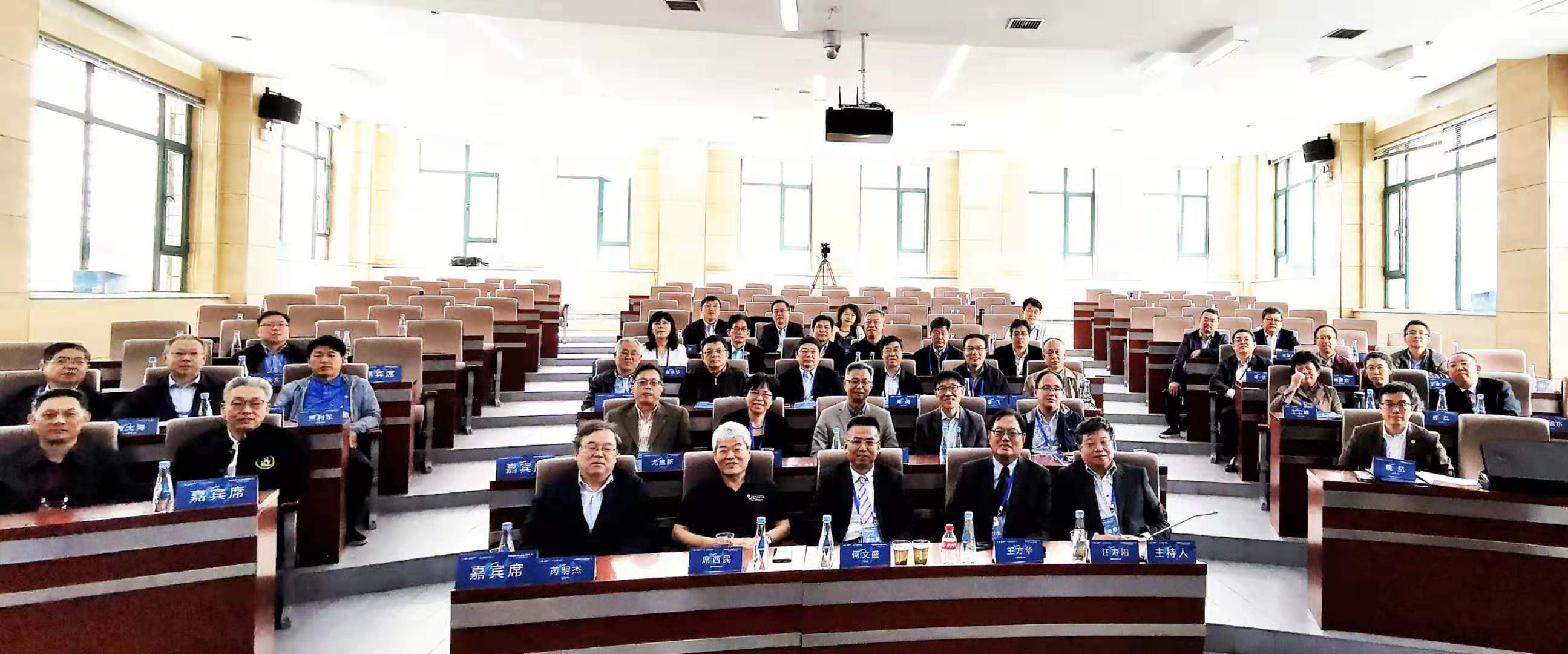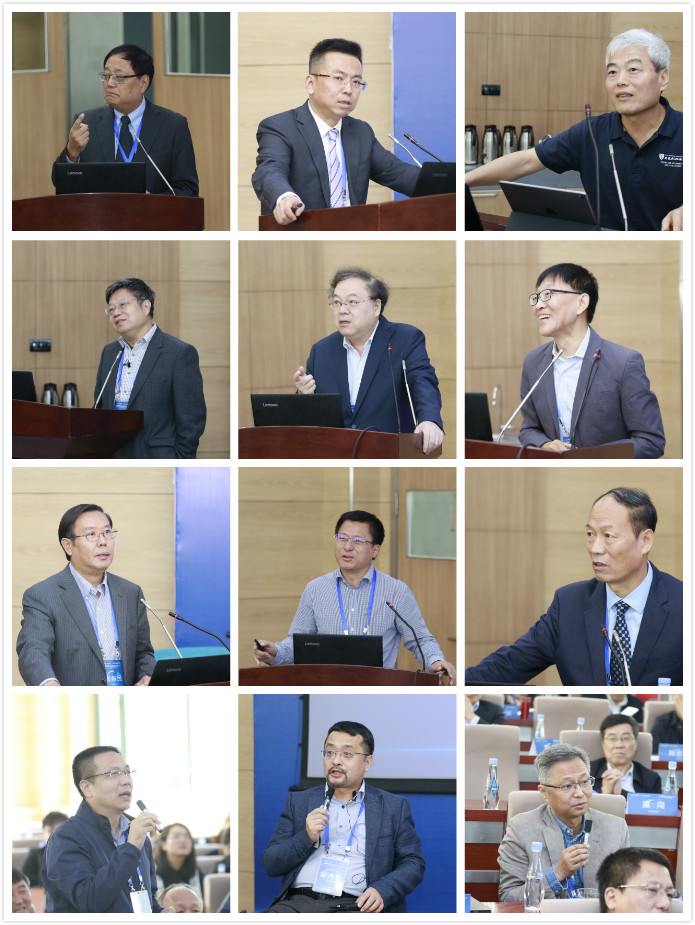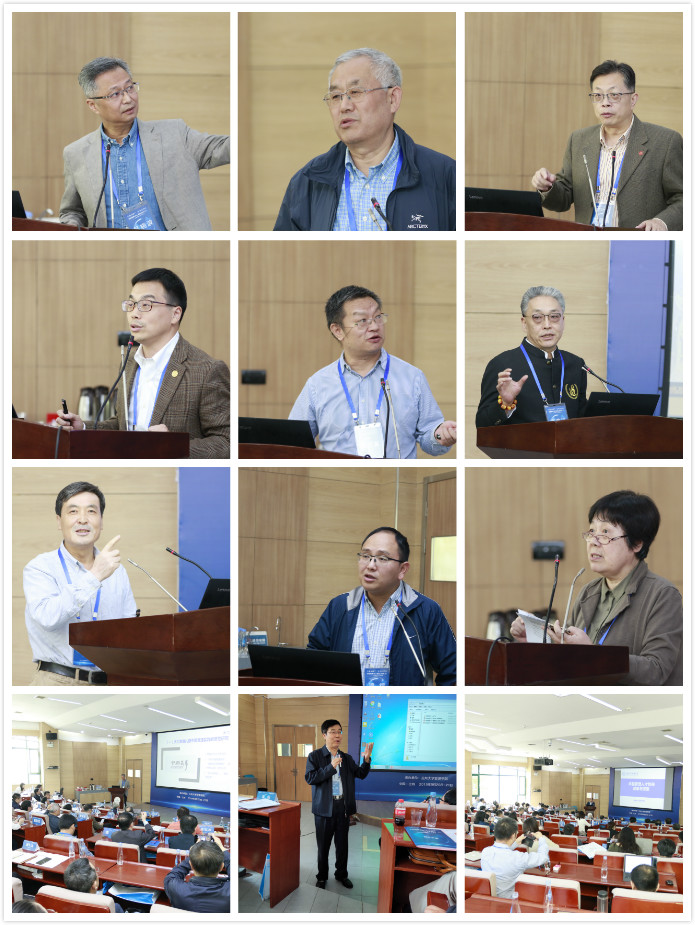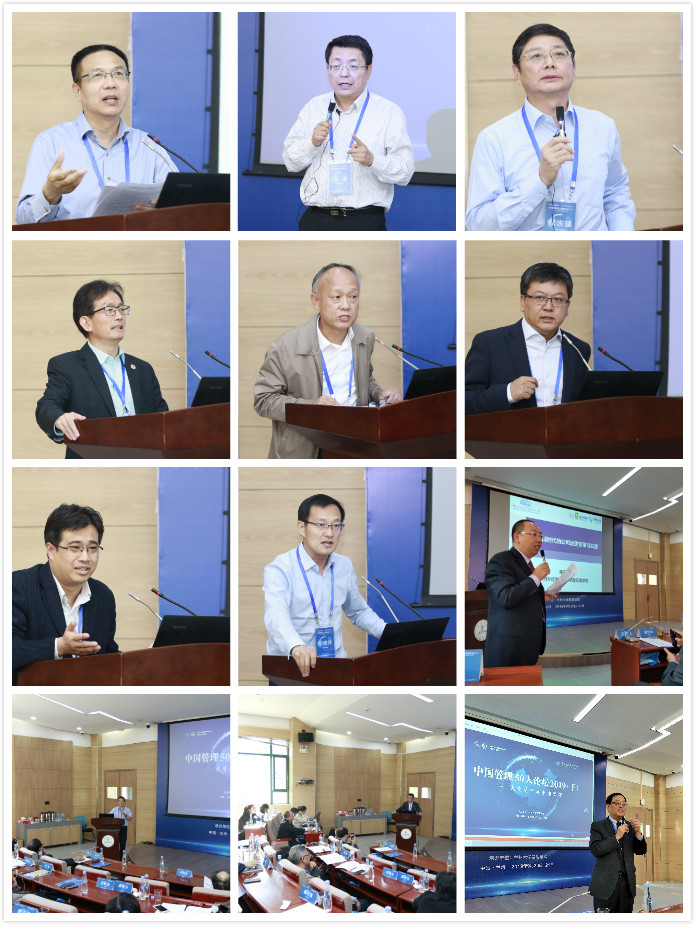News
2019 Forum of Chinese Management Scholars 50 was Successfully Held in Lanzhou University
On September 21, 2019 Forum of Chinese Management Scholars 50 was held in Lanzhou University. The forum was hosted by LUSM. 50 senior management scholars gathered in Lanzhou discussing the development of Chinese management under great changes.

At the opening ceremony, Dean Wensheng He welcomed guests on behalf of the school. Fanghua Wang, Dean of Antai College of Economics and Management, Shanghai Jiao Tong University gave an introduction of the forum as the sponsor of the event.

In the morning session chaired by Prof. Fanghua Wang, Professor Shouyang Wang from University of Chinese Academy of Sciences, Professor Mingjie Rui from Fudan University, Professor Wei Zhang from Tianjin University, Professor Jiang Wei from Zhejiang University, Professor Xinming Zhang from University Of International Business And Economics, Professor Guoxian Bao from Lanzhou University, and Associate Professor Xiangyang Zhao from Beijing Normal University gave their speeches. Prof. Shouyang Wang pointed out several world issues affecting the development of China's management, such as G2 and global supply chain/global value chain, the Belt and Road Initiative, de-dollarization and internationalization of RMB, 5G and AI, global climate change, digital currency and digital economy, global economic crisis and risk management sharing. Prof. Mingjie Rui shared his thoughts on the future management. He believes that future management involves the new configuration method of effective allocation of big data and other production factors, the application and development of new intelligent configuration technologies, and the management of borderless network organization of “platform + distributed production” under intelligent conditions. Prof. Wei Zhang thinks that we need to base ourselves on China's unique practice in the course of 100 years of change, promote the formation of a management science system with originality and global influence, take on global responsibilities and achieve leading results in the forefront of the exploration of universal management law. In the opinion of Prof. Jiang Wei, the strategic management has developed into a non-linear model. He used Zhejiang University as an example and introduced how to use nonlinear strategy to reconstruct the "business +" ecosystem. Prof. Xinmin Zhang’s report gave participants a picture of China’s accounting development in the dramatic changes, especially the chaos and economic consequence caused by the change of some accounting regulations. Prof. Guoxian Bao thinks future management should focus on issues in public management such as government organizations, social governance, government performance, public leadership and education. The key is value integration, specifically in reform of institutions and mechanism, promotion of governance capacity, governance of performance and global governance. Associate professor Xiangyang Zhao shared his opinion around the theme of the forum through several stories: from follow the US and UK to walk with Germany and Japan. Professor Youmin Xi, executive president of Xi'an Jiaotong-Liverpool University concluded the morning session.

In the afternoon, scholars gave speeches from aspects of management science, the reform of business school, the reform of state-owned enterprises, the reform of internet companies, the coping strategy for private enterprises in western China, the international voice of China’s management, the internationalization and localization of China’s management, etc.

Chinese Management Scholars Forum 50 is a dynamic and open community composed of senior management scholars in China. It takes exploring management theory especially the innovation of management theory with Chinese characteristics as its mission and promoting the combination of management theory with management practice of Chinese enterprises as guideline. It summarizes the experiences of outstanding Chinese enterprises, responses to the challenges brought by new science and technology revolution and contribute to the revitalization of national economy and society, the rising of China’s enterprises and the forming of school of Chinese management.





